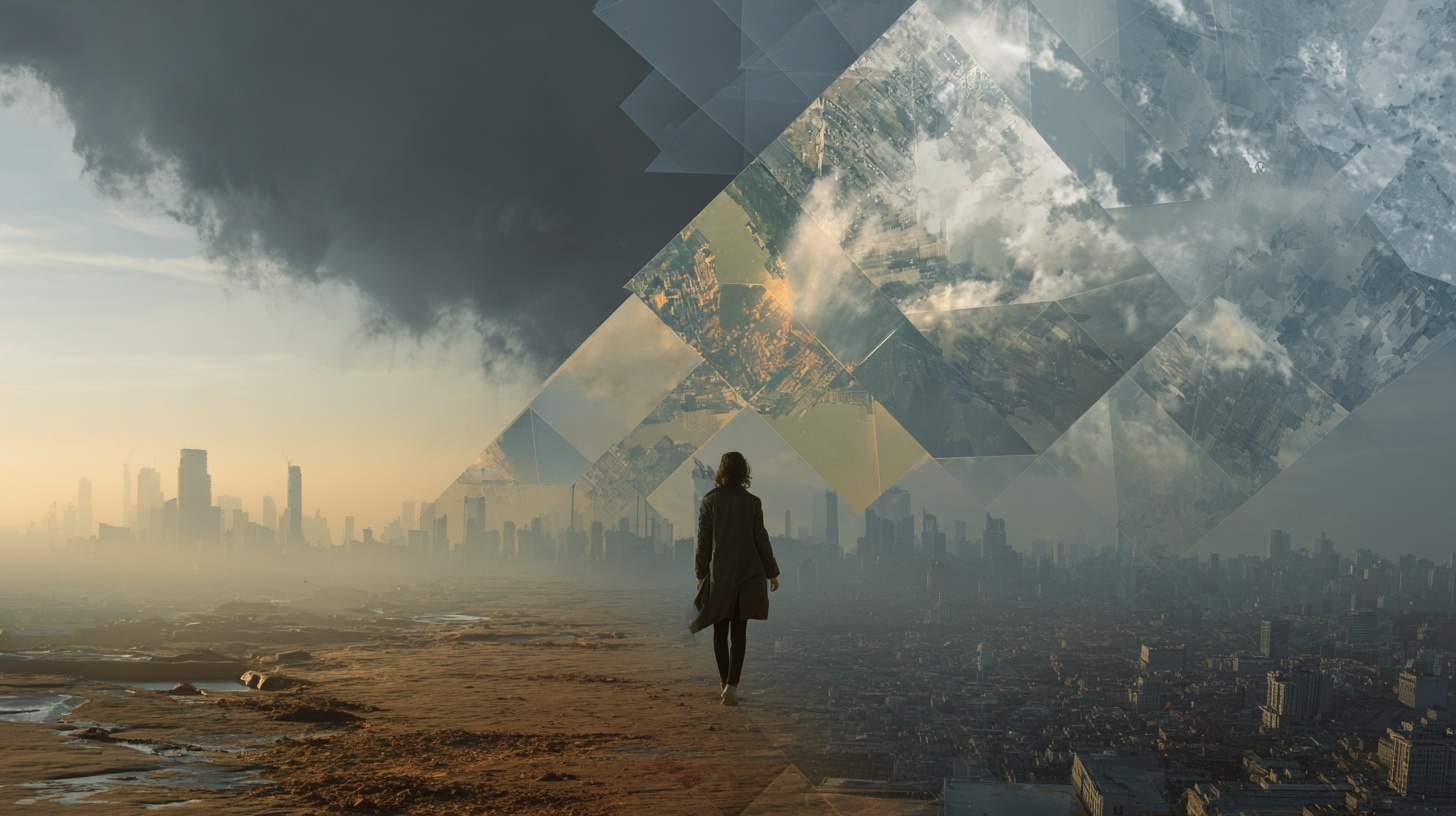By Futurist Thomas Frey
For most of human history, purpose has been inseparable from productivity. We built, repaired, invented, and managed — not just to earn a living, but to prove we mattered. Work became the moral backbone of identity. It gave structure to our days and meaning to our existence. But as artificial intelligence and automation increasingly take over both the physical and cognitive tasks that once defined human effort, we’re confronting a question that no generation before us has had to face: What happens when being useful is no longer essential to survival?
The AI economy is rapidly rewriting the social contract. Machines now draft legal documents, diagnose diseases, design buildings, and compose symphonies. They can read X-rays better than doctors, generate marketing campaigns in seconds, and even code themselves. The speed of automation has transformed what it means to “contribute.” In this new era, our sense of purpose — long tied to output and productivity — is being stripped of its traditional anchor. For many, the loss of work won’t just be financial; it will be existential.
For centuries, our value was measured by what we could produce or improve. We were indispensable cogs in the machinery of progress. But what happens when the machinery no longer needs us? When an AI system can do in seconds what once took a lifetime of human skill, the very definition of purpose begins to fracture. The challenge ahead is not merely technological unemployment — it’s a global identity crisis.
And yet, within this disruption lies an extraordinary opportunity. As AI automates what we do, it forces us to reexamine why we do. The future of purpose will no longer be tied to economic necessity but to conscious choice. Freed from the obligation of constant productivity, humans may rediscover meaning through creativity, curiosity, relationships, and personal missions. The next generation may live not by job titles, but by the stories they choose to tell about their impact.
We’re entering an era of micro-purposes — small, evolving missions that give daily life direction and texture. Someone might teach a child to read, launch a digital community, design an art installation, or collaborate with AI to explore an entirely new field of thought. Purpose will become fluid, modular, and self-directed. Instead of climbing career ladders, people will navigate networks of experiences — shifting from one project, cause, or creative partnership to another, driven by passion rather than paycheck.
This shift will also give rise to communal purpose, where meaning emerges from shared action. People will form “mission tribes” — small, self-organized groups that exist not to make profits but to solve problems, preserve culture, or build local resilience. At the same time, we’ll see the birth of synthetic purpose, as humans begin forming genuine emotional partnerships with AI companions. These relationships — not romantic, but intellectual and creative — will extend human imagination into new territories. Our future collaborators may not be human at all, but we will feel more human through them.
Paradoxically, automation might liberate us from meaningless labor while revealing how deeply we depended on it for identity. Many people will struggle to define themselves without the scaffolding of work. Others will thrive, discovering that meaning doesn’t have to be granted by an employer — it can be authored by choice. The absence of obligatory labor could spark a renaissance of intentional living, where time becomes the ultimate currency and meaning the ultimate wealth.
The societies that adapt best will be those that help individuals navigate this transition — through new forms of education, mentorship, and cultural design. Schools will teach not only skills but purpose literacy: how to create meaning in a world that no longer assigns it automatically. Communities will become laboratories of significance, where purpose is discovered through contribution, not compliance.
Final Thoughts
AI is not stealing humanity’s purpose — it’s forcing us to evolve it. The future will not belong to those who cling to old definitions of productivity but to those who can transform work into meaning, and meaning into action. The coming age won’t be defined by what machines can’t do, but by what only humans should do — to love deeply, imagine freely, care intentionally, and decide, each day, what truly matters. Our purpose will no longer be manufactured by necessity. It will be crafted by design.
Similar stories:
The AI Economy and the Future of Human Relevance – ImpactLab
What Happens When Work Disappears? The Coming Age of Purpose – ImpactLab


